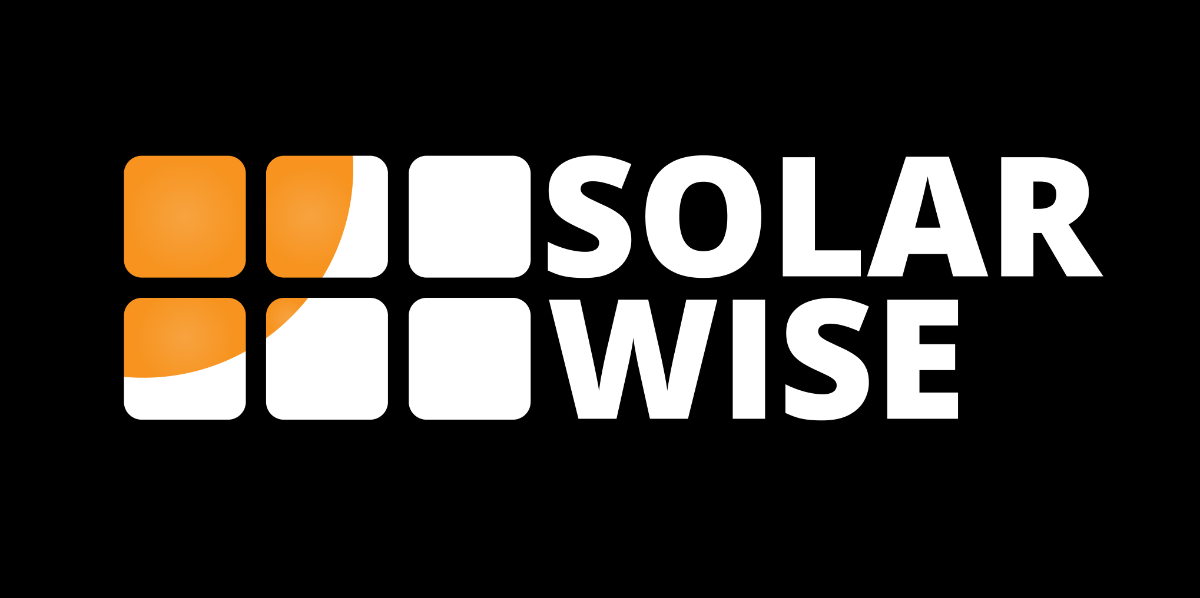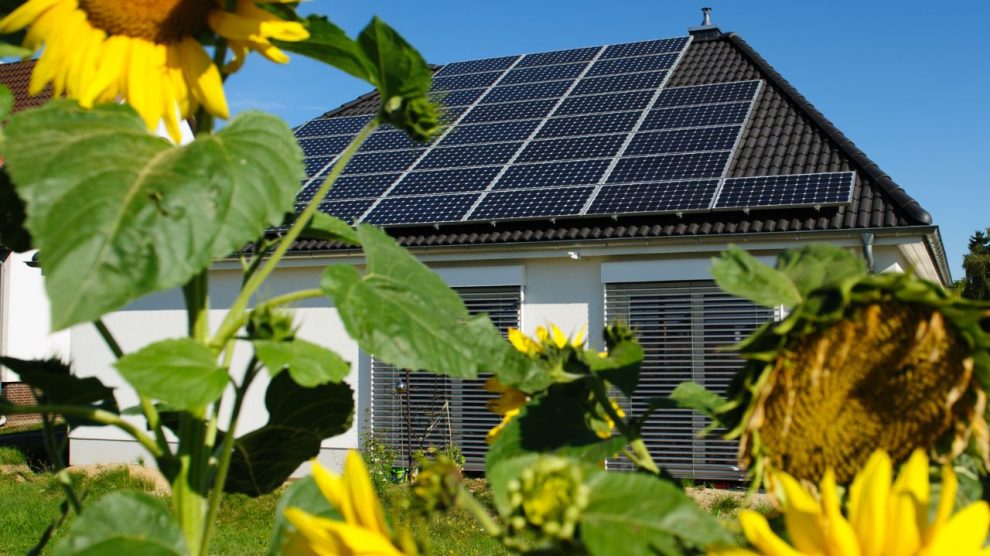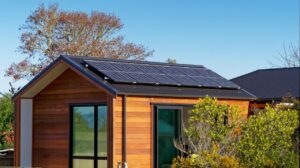A pertinent question arises as more property owners recognize solar energy’s ecological and economic benefits: How should solar panels be financed? Shifting to solar energy can be pivotal for your home, yet pinpointing the right financing route is essential. This article will delve into various financial pathways, encompassing direct cash payments, solar loans, leasing arrangements, power purchasing agreements, and governmental incentives. Our goal is to guide you through the myriad choices available, enabling you to make a knowledgeable choice and get the most value out of your solar panel venture.
Assessing Your Solar Needs
Before installing solar panels on your residence, you must gauge your specific solar prerequisites. Commence by reviewing your home’s energy consumption patterns, which can be gleaned from your utility bills. Subsequently, determine the ideal solar panel system size that would suffice to cater to your power demands. Bear in mind that factors like the space available on your roof, the degree of sunlight received, and the prevailing weather conditions in your locality will influence the system’s efficacy. With this information, you can estimate the cumulative expenses tied to your solar panel setup, including installation and maintenance costs. Acquiring a deeper understanding of your unique solar needs will facilitate the choice of the most fitting financing scheme, thus optimizing the benefits yielded from your solar initiative.
Paying Cash Upfront
Paying cash upfront for solar panels means covering the entire system cost, including installation, at the outset. This option may require a substantial initial investment but eliminates monthly payments and interest fees. As a cash buyer, you’ll own the system outright, leading to increased long-term savings through reduced energy bills. While it may seem daunting, this method of financing solar panels can be the most cost-effective choice for homeowners with the available funds.
Solar Loans
Solar loans have become a widely favored financing for homeowners who set up solar panels without bearing the entire expense. These loans operate similarly to conventional loans, allowing you to borrow funds to cover the costs of acquiring and installing a solar panel system. Solar loans significantly make solar energy a more attainable option for many homeowners by offering fixed interest rates and easy-to-handle monthly payments.
There are primarily two categories of solar loans: secured and unsecured. With secured loans, you need to provide collateral, usually your house, which implies that if you default on the loan, the lender can claim the collateral to recoup their losses. Conversely, unsecured loans don’t necessitate collateral; however, they might come with elevated interest rates due to the heightened risk assumed by the lender.
To select the most suitable solar loan, examining various factors such as interest rates, loan durations, and extra charges from multiple lending sources is crucial. By doing this, you can identify a solar loan that aligns with your financial situation, enabling you to promptly reap the rewards of solar energy.

Credit: westcoastsolar.com
Solar Leases and Power Purchase Agreements (PPAs)
Solar rentals and Power Purchase Contracts (PPCs) stand as two favored financial pathways for homeowners aiming to adopt solar energy without needing a hefty initial outlay.
Under a solar rental agreement, you essentially lease the solar panel system from a service provider, agreeing to a stable monthly charge. This scheme permits you to enjoy the solar power generated, albeit without holding ownership of the system. Upon the lease’s culmination, options usually available include acquiring the system, prolonging the lease, or taking down the panels. Conversely, a PPA entails a formal agreement with a solar service provider to install the panels at your home, billing you at a predetermined rate for the electricity produced—often more competitive than your utility provider’s. Your payment pertains only to the consumed energy, excluding the physical panels.
Both avenues come with their respective advantages and drawbacks. While they mitigate immediate financial burdens, the long-term costs might escalate, given the non-ownership of the system, possibly excluding you from certain benefits. Thorough scrutiny of both alternatives is vital before finalizing your choice.
Government Incentives and Rebates
To propel homeowners towards adopting solar power, various levels of government—federal, state, and local—offer financial perks and discounts. These incentives can significantly diminish the upfront costs of solar panel systems, transforming them into a more economically sound option. A significant federal perk is the Investment Tax Credit (ITC), enabling homeowners to deduct a segment of their solar installation costs as a tax credit. Furthermore, state and local encouragements might encompass exemptions from property or sales tax and rebate initiatives. To maximize these potential benefits, research the particulars of programs available in your region and adhere strictly to application procedures while ensuring compliance with all the prerequisite qualifications. Adopting this strategy can render the transition to solar power a more financially feasible venture for your home.
Local and Utility Company Programs
Local and utility firm initiatives can serve as significant resources for homeowners pondering the integration of solar panel systems. Frequently, these initiatives present financial avenues such as reduced-interest loans or billing-integrated financing, thus facilitating easier access to solar panel systems. In addition, some utility companies propose incentives like net metering or solar discounts, strategies that can lessen the burden of installation expenses and enhance the profitability of your investment. To leverage these opportunities, contact your local utility firm or explore nearby regional programs. Bear in mind that the qualifying conditions and incentives at hand can differ, making it imperative to conduct a detailed examination of each scheme to pinpoint the most suitable match for your solar energy objectives.
Conclusion:
In summary, several financing options are available for homeowners interested in solar panel installations. From paying cash upfront, acquiring solar loans, opting for solar leases or power purchase agreements, to taking advantage of government incentives, rebates, and local/utility company programs, the choices are vast. Homeowners must select the best option to meet their unique needs and circumstances.
As you begin your solar adventure, we wholeheartedly recommend delving deep into the financing options available. A well-informed choice will not only enable you to optimize your solar panel investment but also play a role in fostering a greener and more sustainable environment. Therefore, invest time in meticulously considering your alternatives and tap into the true power of solar energy for your home.








